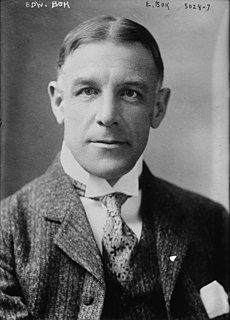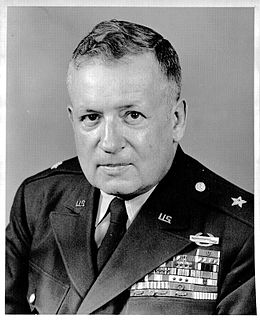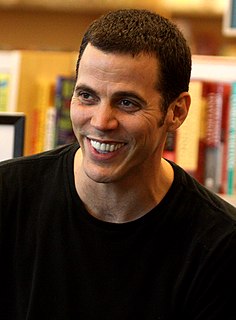A Quote by Thomas S. Monson
No one has learned the meaning of living until he has surrendered his ego to the service of his fellow man. Service to others is akin to duty, the fulfillment of which brings true joy.
Related Quotes
How does one chip off the marble that doesn't belong? ... That comes about through five things: humility, reverence, inspiration, deep purpose, and joy. No great man has ever wise-cracked his way to greatness. Until one learns to lose one's self he cannot find himself. No one can multiply himself by himself. He must first divide himself and give himself to the service of all, thus placing himself within all others through acts of thoughtfulness and service.
True greatness,true leadership,is found in giving yourself in service to others, not in coaxing or inducing others to serve you. True service is never without cost. Often it comes with a painful baptism of suffering. But the true spiritual leader is focused on the service he and she can render to God and other people, not on the residuals and perks of high office or holy title. We must aim to put more into life than we take out.
Always be willing, even anxious, to help others. Nothing else you do will give you the same genuine satisfaction and joy within because, and I quote, 'when ye are in the service of your fellow beings ye are only in the service of your God' (Mosiah 2:17). Ignoring the needs of others is a serious sin.
It has always been my belief that the true artist, like the true scientist, is a researcher using materials and techniques to dig into the truth and meaning of the world in which he himself lives; and what he creates, or better perhaps, brings back, are the objective results of his explorations. The measure of his talent--of his genius, if you will--is the richness he finds in such a life's voyage of discovery and the effectiveness with which he is able to embody it through his chosen medium.
I believe that the unity of man as opposed to other living things derives from the fact that man is the conscious life of himself. Man is conscious of himself, of his future, which is
death, of his smallness, of his impotence; he is aware of others as others; man is in nature, subject to its laws even if he transcends it with his thought.






































